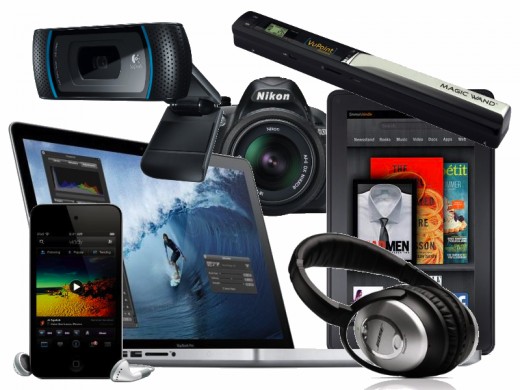In today's interconnected world, satellites have become an integral part of our daily lives, revolutionizing the way we communicate, navigate, and gather information. From enabling global communication networks to facilitating weather forecasting and scientific research, satellites have proven to be indispensable tools that have transformed various industries. This article explores the multifaceted benefits of satellites and their profound impact on our society.
- Enhancing Global Communication:
Satellites have revolutionized the way we communicate, bridging vast distances and connecting people across the globe. By relaying signals between ground stations, satellites enable seamless long-distance telephone calls, internet access, and television broadcasts. They have eliminated the limitations of traditional communication infrastructure, making it possible for individuals, businesses, and governments to stay connected regardless of geographical barriers. - Enabling Precision Navigation:
Satellite-based navigation systems, such as the Global Positioning System (GPS), have transformed the way we navigate and explore the world. GPS, a network of satellites orbiting the Earth, provides precise positioning, velocity, and timing information to users worldwide. This technology has revolutionized transportation, logistics, and outdoor activities, ensuring accurate navigation, efficient route planning, and improved safety. - Empowering Weather Forecasting and Disaster Management:
Satellites play a crucial role in weather forecasting, enabling meteorologists to monitor and predict weather patterns with unprecedented accuracy. By capturing images and data from space, satellites provide a global perspective on weather systems, helping forecasters identify and track hurricanes, cyclones, and other severe weather events. This information is vital for early warning systems, disaster preparedness, and effective response strategies, ultimately saving lives and minimizing damage. - Facilitating Scientific Research and Exploration:
Satellites have opened up new frontiers in scientific research and exploration, enabling us to study our planet, the universe, and beyond. Earth observation satellites capture high-resolution images of our planet, aiding in environmental monitoring, urban planning, and resource management. Additionally, satellites equipped with advanced instruments contribute to astronomical research, deep space exploration, and the study of celestial bodies, expanding our understanding of the universe. - Supporting Remote Sensing and Agriculture:
Satellites equipped with remote sensing capabilities provide valuable data for agricultural purposes. By monitoring vegetation health, soil moisture levels, and weather patterns, satellites assist farmers in optimizing crop yields, managing irrigation, and mitigating the impact of climate change. This technology empowers sustainable agriculture practices, ensuring food security and supporting global efforts towards a greener future.
Conclusion:
Satellites have become an indispensable part of our modern society, revolutionizing communication, navigation, weather forecasting, scientific research, and agriculture. Their ability to bridge distances, provide global connectivity, and offer invaluable data has transformed various industries and improved the quality of life for people worldwide. As we continue to rely on satellites for essential services, their ongoing advancements and innovations will undoubtedly shape the future of connectivity and exploration.


